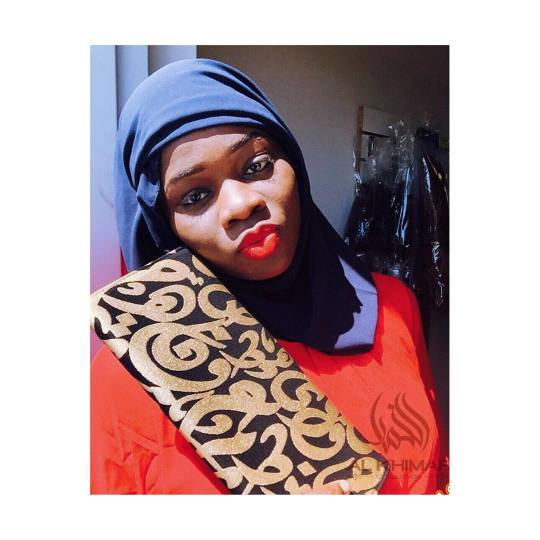Mujo by SK is a lively Afrobeats song, which Mic-L recently covered in a more mellow version. His beautiful singing and Yus' lovely verse about African girls make this tune memorable. It's refreshing to hear black boys celebrating black girls and not boying us for once. May this continue, in the mighty name of Melanin. Amen.
btw can we ap(pree)ciate the pengtings dancing pls thanks,
and acknowledge the humanity of black boys pls thanks
My Gambian girl
 |
| (from a hijab fashion boutique advert) |
My Senegalese ting
 |
(around 1910, unknown photographer)
|
Congolese girl, I love your waist movement
 |
| (Mutuashi dancer, google) |
Ghanaian girl, I love your skin tone
 |
| (By Ben Bond) |
Somali princess, the texture of your hair seems like it's made of gold
 |
| (tumblr) |
Egyptian queen, grace and elegance is what you master in
 |
| (Belly dancer Samia Gamal, tumblr) |
My girl from Sierra Leone, I love the way you classy
 |
| (Model Asma Kamara) |
Yoruba or Igbo, I don't discriminate
 |
| (By Exhibit 108, Julie Adenuga because she's both) |
I got a thing for them curls, I love my African girls
 |
| (from tumblr, Nerissa Irving) |




